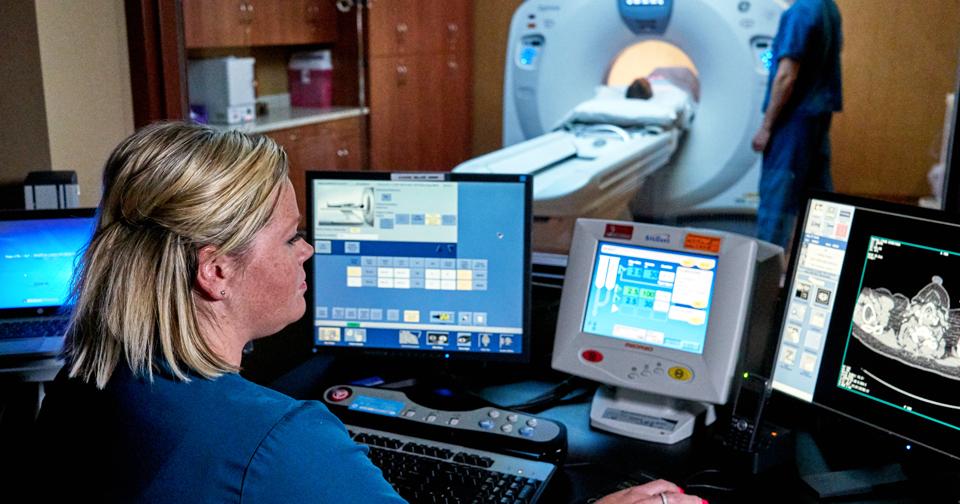Ways To Treat Nasopharyngeal Cancer
Radiotherapy

Also known as radiation, radiotherapy uses highly concentrated doses of targeted radiation to destroy cancerous cells. X-rays and protons are two of the radiation types most often used in cancer treatment. For nasopharyngeal cancer, radiotherapy is usually delivered with the external beam method, which is similar to having a simple x-ray taken. The patient lies on a table, and a machine rotates around them to deliver the radiation. The machine does not touch the patient, and this treatment is painless. Small nasopharyngeal tumors can sometimes be successfully treated using radiation alone. Most patients with this type of cancer will receive radiation five times a week for approximately seven weeks. Since the head and neck are particularly sensitive to radiation, side effects include severe mouth ulcers, dry mouth, hearing loss, and temporary redness at the targeted site. Occasionally, mouth sores may make it difficult to eat or drink, and doctors may recommend the use of a feeding tube until the sores heal.
Learn more about treating nasopharyngeal cancer now.